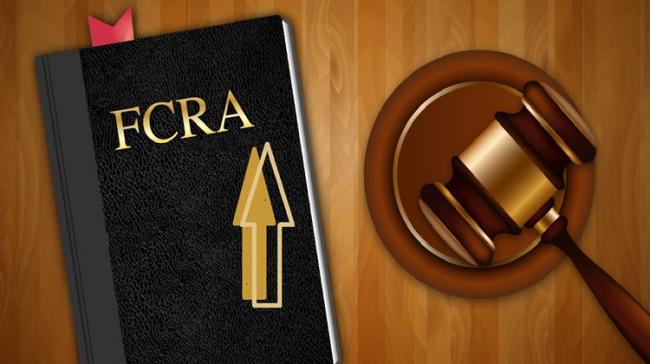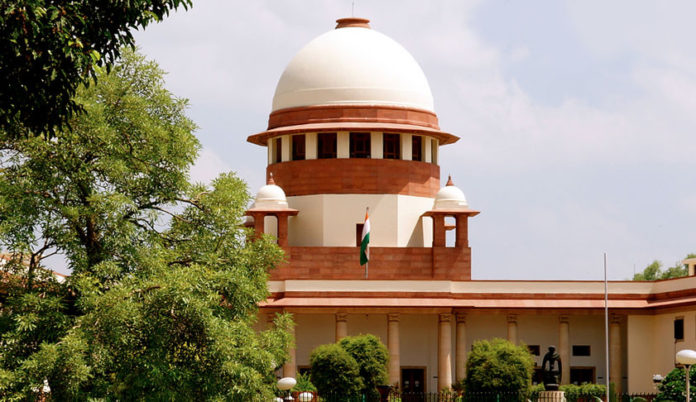The recent amendments to the FCRA ( Foreign Contributions Regulation Act) have faced widespread criticism as these limit greatly the democratic space within which the NGO sector has been able to function in our country so far. These have come on top of increasing, some stay stifling, regulation of voluntary organizations . The combined impact is to impose severe restrictions on realizing the democratic potential of the NGO sector.These amendments impose rather arbitrary restrictions on the ability of bigger NGOs registered for FCRA to transfer funds to smaller grassroots NGOs ( similarly registered) as well as on the share of FCRA funds which can be used for administrative expenses. If it is difficult to understand the national interest aims behind such over-regulation, it is even more mystifying to understand what the government hopes to gain by asking all FCRA registered voluntary organizations to open their bank accounts in Delhi based units of a specified bank.Of course the government is well within its rights to ensure that foreign funds should not be misused. In fact no one is questioning this, and it is in the common interest of all stakeholders including the NGO sector to ensure that any such misuse which harms true national interests is avoided. However even before these amendments all information on FCRA funds received was being sent to the government and if in any case there was any suspicion the government always had adequate provisions to investigate such cases and to take further action based on what were the true findings of such investigations. In such a pre-existing situation, it is difficult to see what good, if any, the amendments have achieved. On the contrary there are widespread apprehensions of small grassroots organizations being harmed to the extent of being forced into closing down or at least curtailing their work to a large extent. Similarly campaign based organizations face formidable new difficulties. The fact that there was inadequate prior consultation with voluntary organizations regarding recent amendments and these were hurriedly pushed through has added further to the feeling that maybe even the government had not realized the extent of disruption these amendments will cause to the voluntary sector. If this is so then the government should not hesitate to do damage control by either taking back the amendments, or else explore other alternatives of minimizing the damage.
The government can certainly make known its opposition to those aspects of the functioning of NGOs which it perceives to be against national interest, but this should be done on a case by case basis on the merits of the case instead of making things more difficult for the entire voluntary sector (registered for FCRA) , disregarding its important democratic role. If its reaction in too repressive, this will certainly harm the democratic potential of the voluntary sector and lead to the overall erosion of democracy. To give just one recent example, the government could have handled its differences with Amnesty International, the Nobel Peace Prize winner human rights organization, more democratically, instead of clamping down in such a way that the organization had to shut down its operations, an event which brought a lot of adverse comments internationally. Such actions , as also the arrest of widely respected, elderly activists like 83 year old Stan Swamy, create a widely perceived situation of repression in which it is difficult to work and campaign in a spirit of basic democratic rights.











